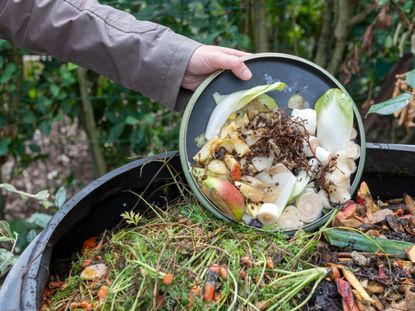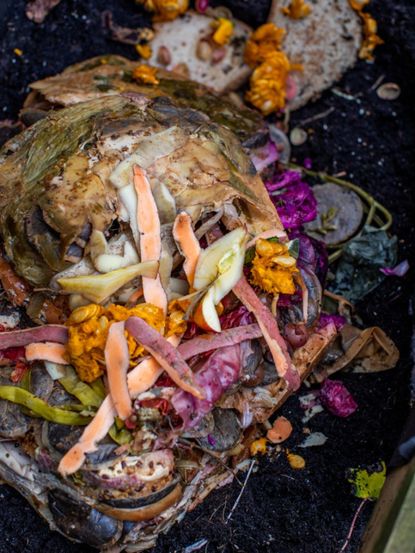Composting
Composting is the way to turn your kitchen and garden scraps into pure gold for your garden. The payoff is huge, but it does take some know how to get it right. We've got vermicomposting, compost use and maintenance, manure composting, and what you can and can't add to your compost pile.
Explore Composting
-
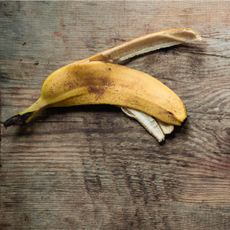
Bananas In Compost: How To Compost Banana Peels
Using banana peels in compost is a great way to take advantage of their important nutrients for healthy plant growth. Read this article to learn how to go about adding banana peels to compost piles.
By Heather Rhoades
-
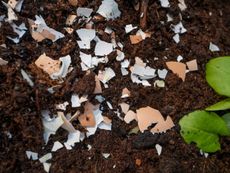
Eggshells In The Garden: Using Eggshells In Soil, Compost And As Pest Control
Using eggshells in the garden can help in many ways, especially when composted. This article will look at how eggshells can help your compost, soil and even keep a few pests away.
By Heather Rhoades
-
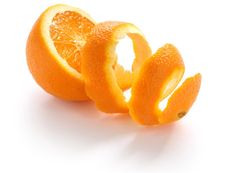
Citrus Peels In Compost - Tips For Composting Citrus Peels
While citrus peelings in compost were once shunned upon, it has since been found that not only is composting citrus peels ok, but they are actually beneficial. Read this article to learn more.
By Heather Rhoades
-
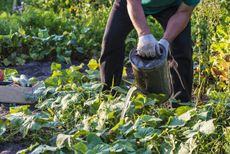
Tips For Using Compost Tea – How Do I Apply Compost Tea To My Plants
Most of us have heard of the benefits of compost, but do you know how to use compost tea? It is one of the easier fertilizing methods and can even be made from household items like kitchen scraps. Click here for info on compost tea applications and other tips.
By Bonnie L. Grant
-
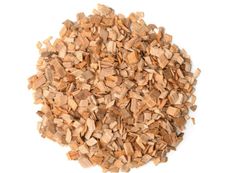
Can You Compost Wood Chips - Tips For Composting Wood Chips
Are wood chips good for compost? The answer is a definite maybe. Read on to learn most about composting wood chips.
By Mary H. Dyer
-
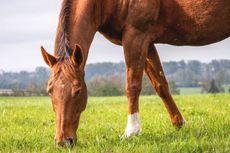
Making And Using Horse Manure Compost
Horse manure is a good source of nutrients and a popular addition to many home gardens. Composting horse manure can help your compost pile become super charged. Read more in this article.
By Nikki Tilley
-
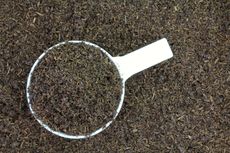
Using Organic Worm Castings: How To Harvest Worm Castings For Your Garden
Did you know that earthworms and their castings are beneficial? The following article will explain how to make worm castings and how they improve your soil?s overall health. Click here for more information.
By Nikki Tilley
-
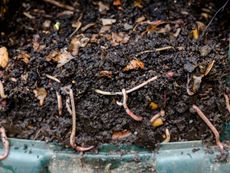
Vermicomposting Do's And Don'ts: Care And Feeding Of Worms
It's important to know what to feed worms, the vermicomposting dos and don'ts, and how to feed composting worms. For help with this and other tips on feeding worms, read the following article.
By Amy Grant
-
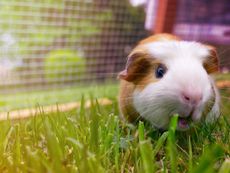
Using Guinea Pig Manure As Fertilizer In The Garden
Guinea pig manure is perfectly safe for use in the garden and suitable for home composting too. Find out how to use guinea pig manure as fertilizer by way of composting in this article so you can put this waste to good use.
By Nikki Tilley
-
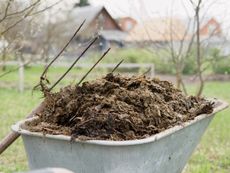
Using Steer Manure To Amend Soil In The Yard
Using steer manure can be an excellent way to add nutrients to plants. An important consideration is its high nitrogen content, so composting is preferable. This article will help with that.
By Heather Rhoades
-
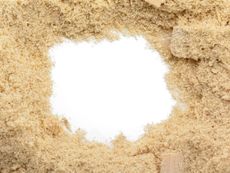
Using Sawdust In Your Compost Pile
Composting sawdust is an excellent way to use what would otherwise be a waste product. If done correctly, sawdust makes a great amendment for your compost pile. Read this article for more info.
By Heather Rhoades
-
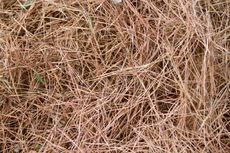
Composting Pine Needles: How To Compost Pine Needles
Pine needles are a great source of organic matter for the garden. But can they be composted? Read this article to find out more about composting pine needles and see if this composting practice is right for you.
By Jackie Carroll
-
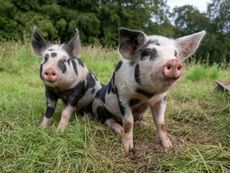
Pig Manure For Compost: Can You Use Pig Manure For Gardens?
Pig manure makes great fertilizer. The best way for using pig manure in the garden is to compost it. Read this article to learn more about how to compost pig manure for use in gardens.
By Anne Baley
-
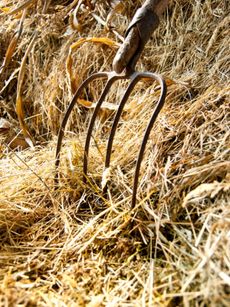
Can You Compost Straw - Is It Safe To Put Straw In Compost
Kitchen scraps are always a winner, but you may wonder, "can I compost straw?" Read on to learn about adding straw to your compost pile.
By Bonnie L. Grant
-
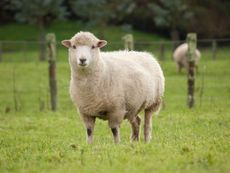
Composting Sheep Manure: How To Compost Sheep Manure For The Garden
Nutrients in sheep manure fertilizer provide adequate nourishment for a garden. It is safe for both vegetables and flower gardens alike. This article provides tips on using sheep manure.
By Susan Patterson
-
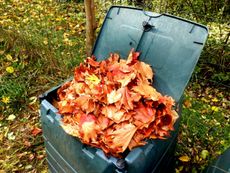
Composting Leaves In Garden: Learn The Benefits Of Leaf Compost
The benefits of leaf compost are numerous. With the correct balance of greens and browns, composted leaves can yield a healthy, rich material for amending the soil. Read this article for more info.
By Bonnie L. Grant
-
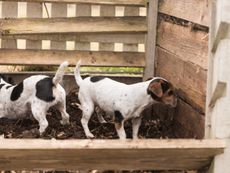
Dog Waste In Compost: Why You Should Avoid Composting Dog Waste
Pet poop composting seems a logical way to deal with waste, but can dog feces go in compost? Read this article to learn about the dangers of composting dog waste and why this practice is not recommended.
By Bonnie L. Grant
